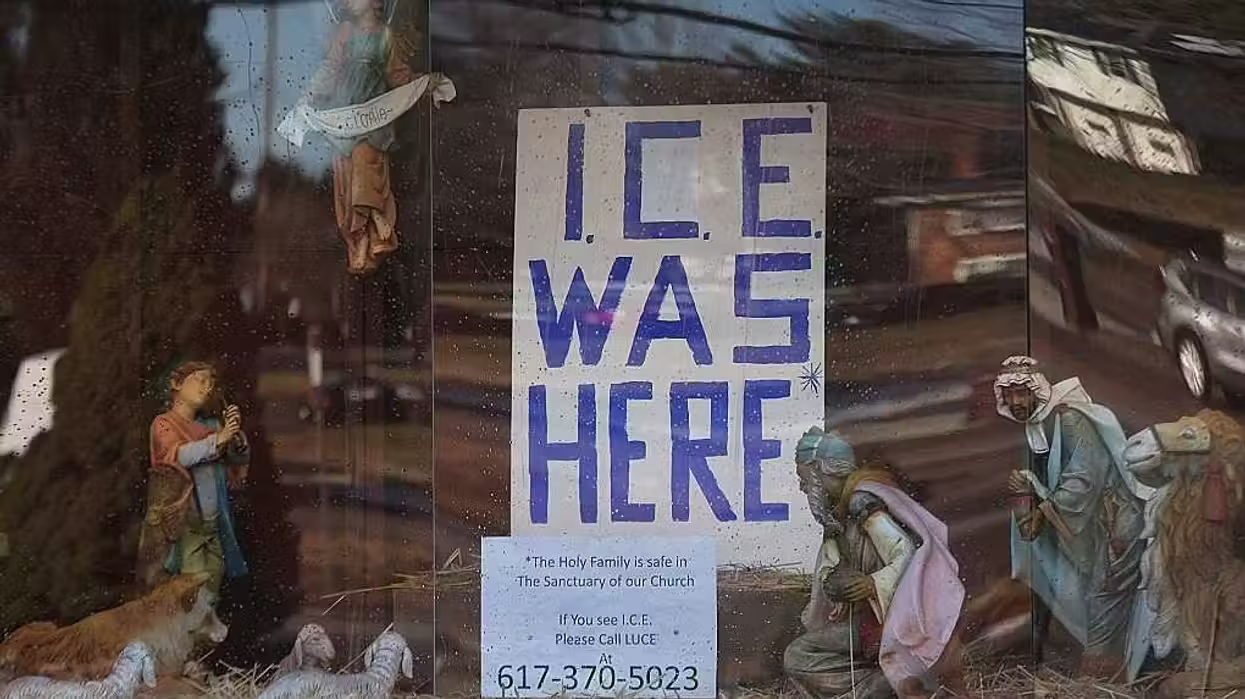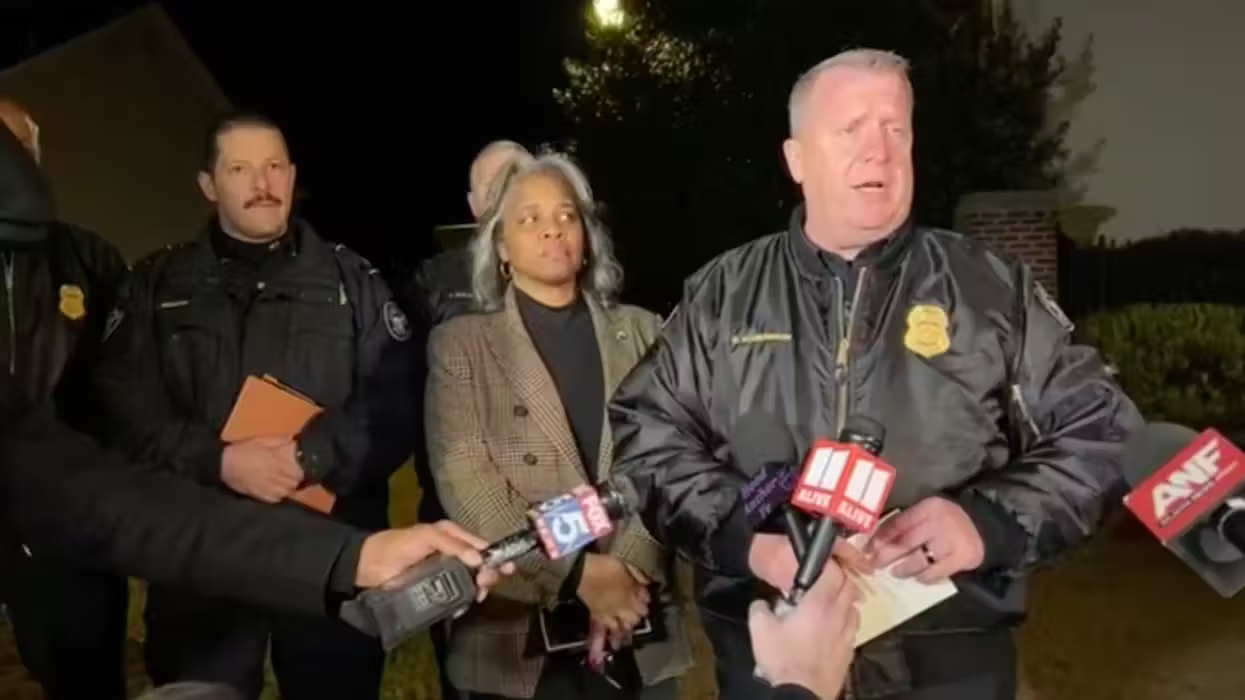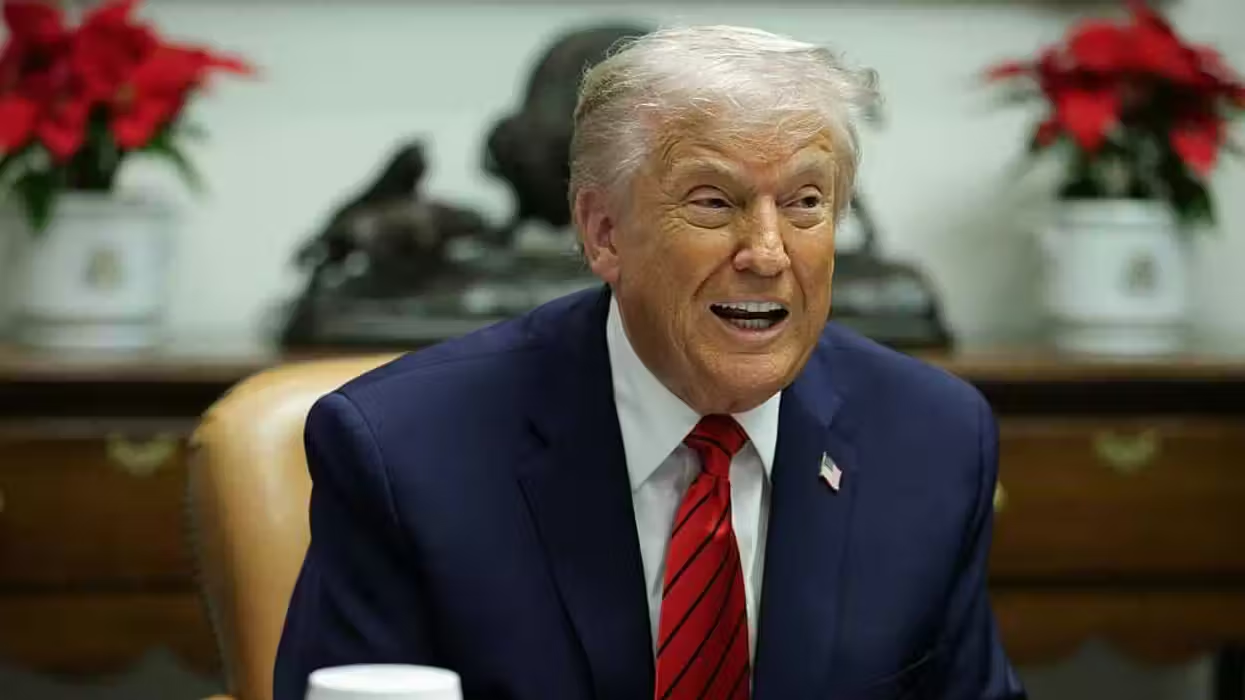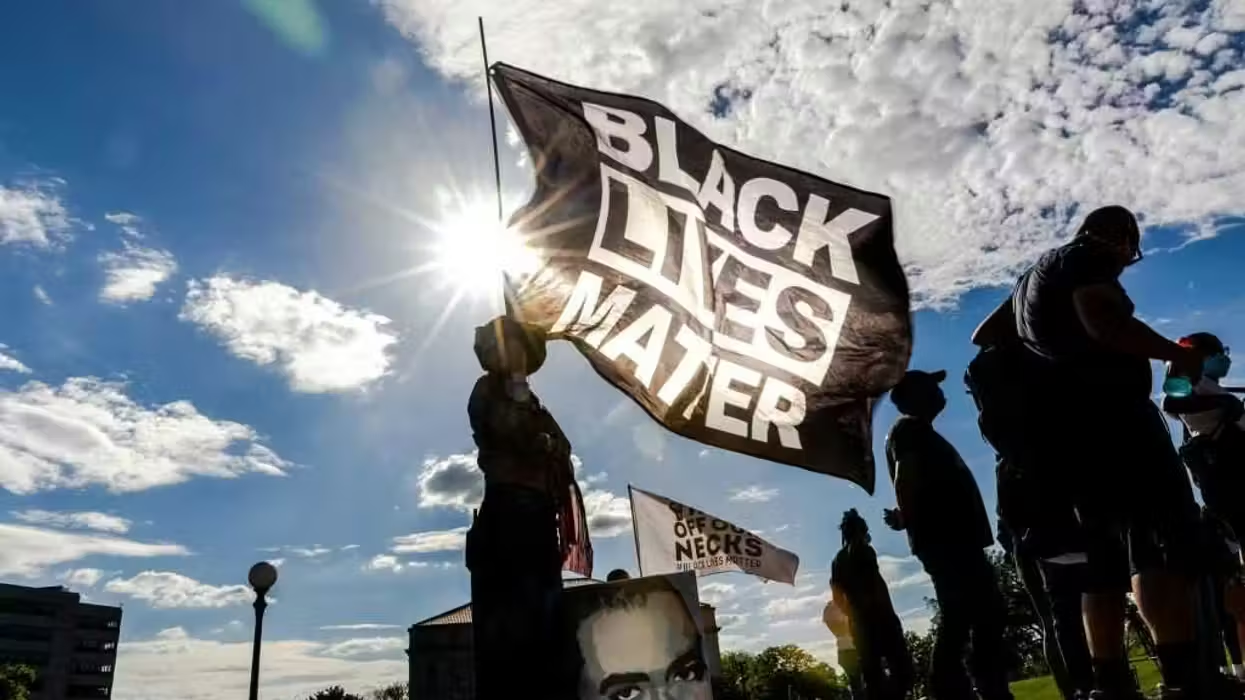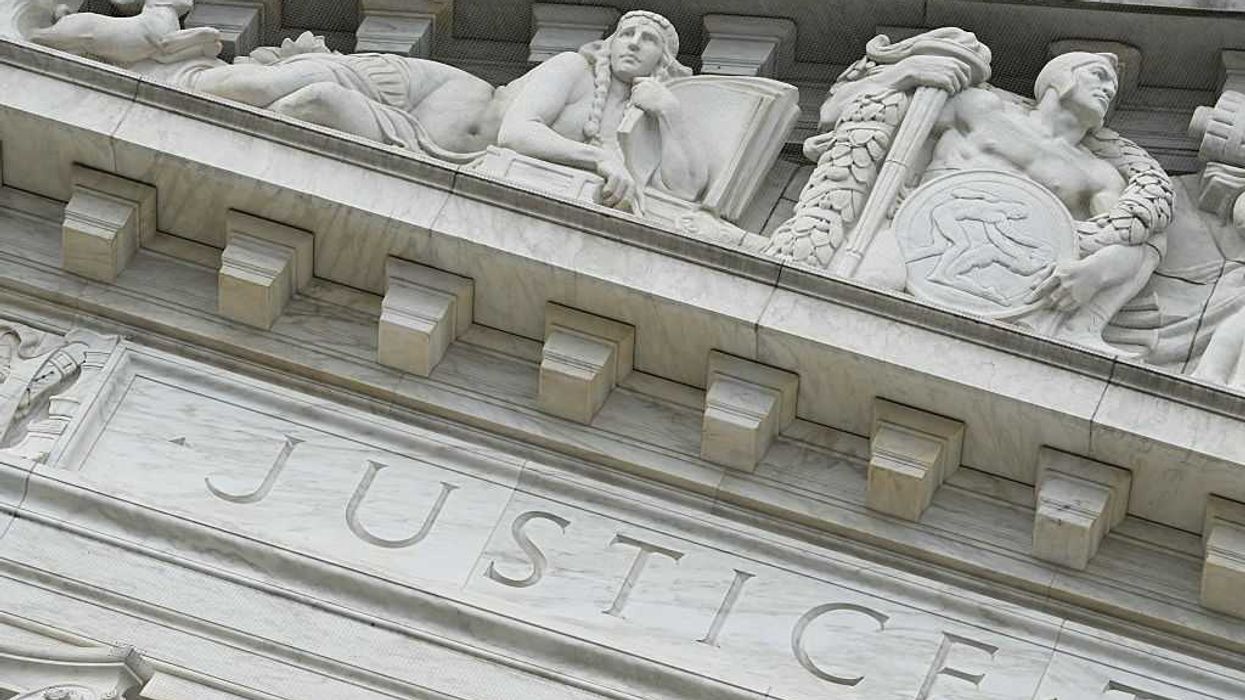© 2025 Blaze Media LLC. All rights reserved.
Pope Benedict XVI Marks 50th Anniversary of the Second Vatican Council (Plus: A Brief History)
October 11, 2012
"It was a moment of extraordinary expectation. Great things were about to happen."
VATICAN CITY (AP) -- Pope Benedict XVI on Thursday marked the 50th anniversary of the Second Vatican Council -- the church meetings he attended as a young priest that brought the Catholic Church into the modern world but whose true meaning is still hotly debated.
Benedict celebrated Mass in St. Peter's Square, accompanied by patriarchs, cardinals, bishops and a dozen elderly churchmen who participated in the council, and later will greet the faithful, re-enacting the great procession into St. Peter's that launched the council in 1962.

The anniversary comes as the church is fighting what it sees as a wave of secularism erasing the Christian heritage of the West, and competition for souls from rival evangelical churches in Latin America and Africa. Clerical sex abuse scandals, debates over celibacy for priests, open dissent among some priests and a recent Vatican crackdown on liberal nuns in the U.S. have also contributed to erode the church's place in the world.
The pope has spent much of his pontificate seeking to correct what he considers the misinterpretation of Vatican II, insisting that it wasn't a revolutionary break from the past as liberal Catholics paint it but rather a renewal of the best traditions of the ancient church.
Encyclopedia.com has more about Vatican II:
Second Vatican Council popularly called Vatican II, 1962–65, the 21st ecumenical council (see council, ecumenical) of the Roman Catholic Church, convened by Pope John XXIII and continued under Paul VI. Its announced purpose was spiritual renewal of the church and reconsideration of the position of the church in the modern world. The most spectacular innovation of the council, which convened Oct. 11, 1962, was the invitation extended to Protestant and Orthodox Eastern churches to send observers; the meetings were attended by representatives from many of those churches. Another obvious feature was the diversity of national and cultural origins shown among those who attended from all over the world.One of the announced aims of the conference was to consider reform of the liturgy, primarily to bring the layman into closer participation in the church services and therefore to encourage some diversity in language and practice. Great emphasis was also laid from the beginning upon the pastoral duties of the bishops, as distinguished from administrative duties. The procedure at the conference accorded with democratic practice, and there was lively debate between the "progressive" and "conservative" groups. By the time of its adjournment the council had issued four constitutions, nine decrees, and three declarations. The nature of these statements was conciliatory, avoiding rigid definitions and condemning anathemas.
In that vein, he decided to mark the anniversary of the council with the launch of a "Year of Faith," precisely to remind Christians of what the council truly taught and seek to "re-evangelize" those Catholics who have fallen away from their faith in the decades since.

It's necessary, he told his general audience this week, to return to the original documents of Vatican II and "free them from the mass of publications which, rather than making them known, has hidden them."
Benedict was a young priest when Vatican II began, a theological consultant to German Cardinal Joseph Frings, and he has recently reminisced about what the council sought to accomplish, where it succeeded and where it erred.
"It was a splendid day on 11 October, 1962," Benedict wrote in a forward to a commemorative book about the anniversary published this week by the Vatican newspaper. "It was a moment of extraordinary expectation. Great things were about to happen."
Over the following three years, he wrote, the council fathers adopted a series of documents confronting the great questions of the day: liturgical renewal, religious liberty, relations with people of other faiths. Many of those documents, he wrote, carried an importance that the council couldn't have known at the time, such as the one revolutionizing the church's relations with Jews, Muslims and people of other faith.
Yet as great as that document was, Benedict wrote, a "weakness" has emerged in the ensuing years in that "it speaks of religion solely in a positive way and it disregards the sick and distorted forms of religion" that have become all too apparent.
Want to leave a tip?
We answer to you. Help keep our content free of advertisers and big tech censorship by leaving a tip today.
Want to join the conversation?
Already a subscriber?
Billy Hallowell is a digital TV host and interviewer for Faithwire and CBN News and the co-host of CBN’s "Quick Start Podcast."
Billy Hallowell
Billy Hallowell is a digital TV host and interviewer for Faithwire and CBN News and the co-host of CBN’s "Quick Start Podcast."
more stories
Sign up for the Blaze newsletter
By signing up, you agree to our Privacy Policy and Terms of Use, and agree to receive content that may sometimes include advertisements. You may opt out at any time.
Related Content
© 2025 Blaze Media LLC. All rights reserved.
Get the stories that matter most delivered directly to your inbox.
By signing up, you agree to our Privacy Policy and Terms of Use, and agree to receive content that may sometimes include advertisements. You may opt out at any time.


